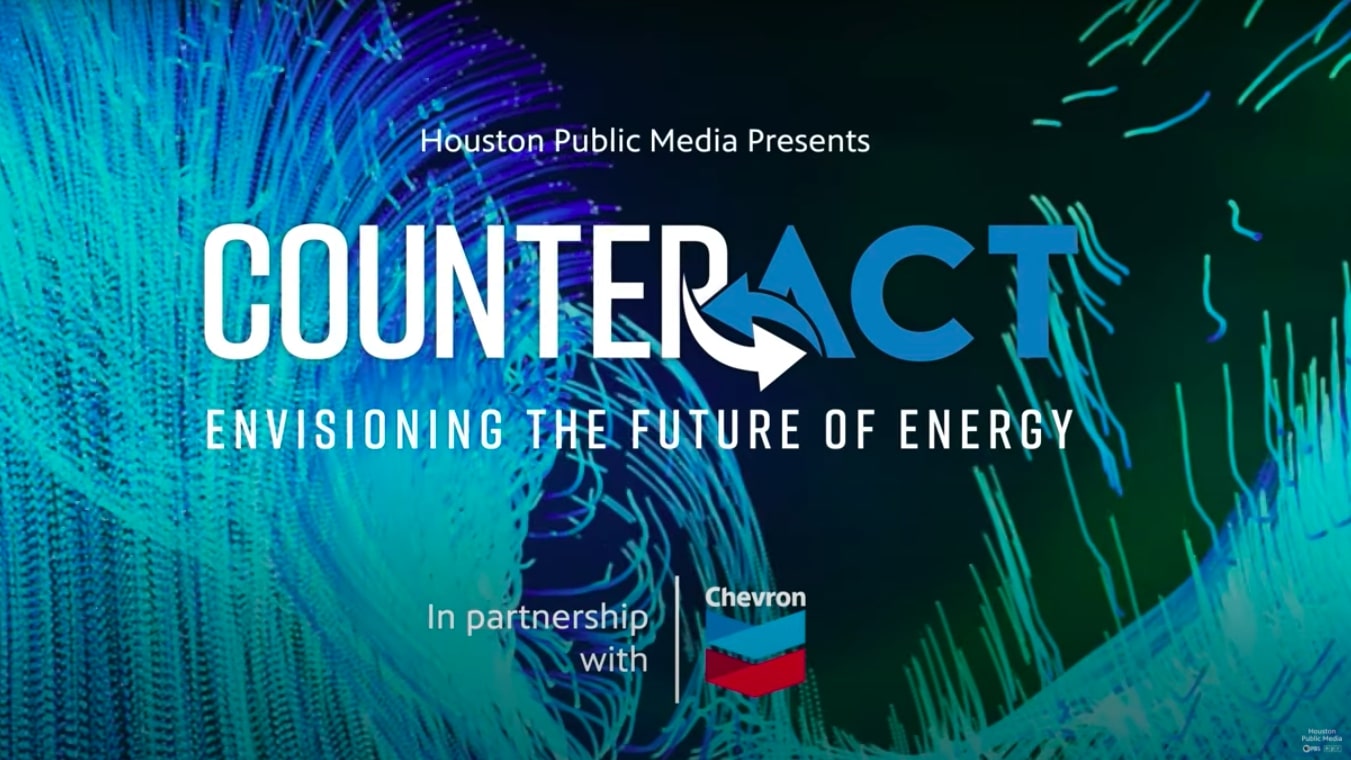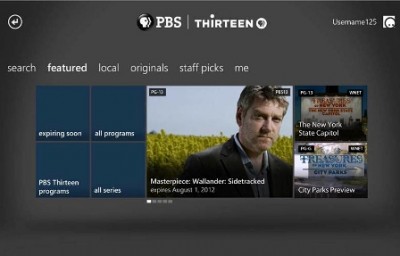Tag: sponsored content
Houston Public Media suspends Chevron partnership after backlash over sponsored content
HPM was preparing to release a 10-part series on how energy companies like Chevron are “working towards a lower carbon future.”How WBUR is getting into the sponsored podcasts business
The station began producing its first sponsored podcasts in November.Thursday roundup: Kerger takes Ice Bucket Challenge; NPR’s Kramer shares ideas for engaging members
Plus: Poynter visits St. Louis Public Radio's newsroom, and Vme tries sponsored content.Public Media Platform to focus on business planning in project’s second phase
DENVER — The Public Media Platform is moving into the next phase of its CPB grant, shifting its focus to developing a ...Roku, Xbox pick up pubTV shows
PBS is jumping into the “over-the-top” video-streaming space with a pair of deals to distribute public TV programs through apps on Roku ...Next Avenue, pubmedia site for seniors, sees “win-win” in partnership with RLTV
Next Avenue — the online magazine for Americans aged 50 years and older created by Twin Cities Public Television — is now ...Alvarado as he exits: ‘Change cannot be a complaint’
"... The architecture of public media has to be reimagined immediately or the millennials will build their own parallel universe separate from ...Rights laws dysfunctional in media Wild West
What happens when the copyright culture, based on restriction upon restriction, meets the Wild West of today’s media market and an oncoming ...






